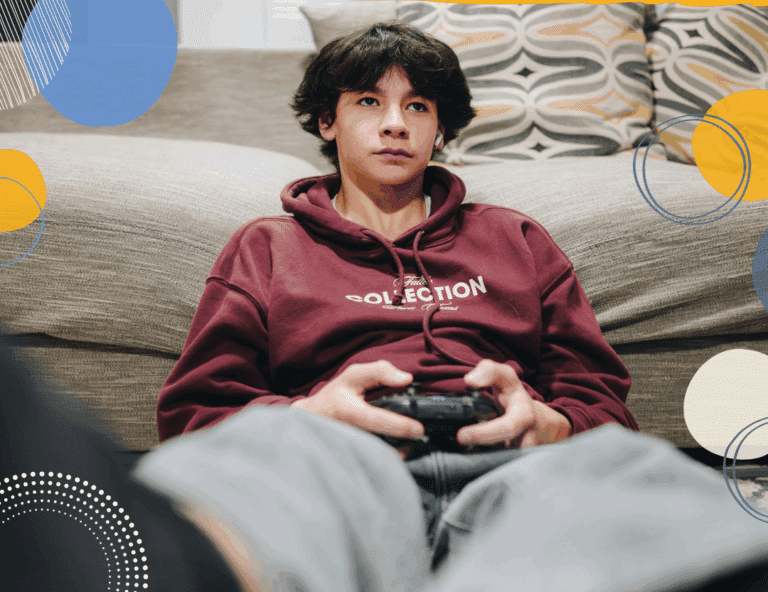My daughter’s friendships are full of drama
“My daughter is 13 and her social life is full of drama. There are constant fallings out and she spends all her energy managing her friendships. I think she feels like she has a very insecure footing in her group of friends but she is desperate to be accepted. How can I help her find her tribe? And maybe find some distance from the drama and from her phone?”
Friendships are really important in the teenage years. The adolescent brain is primed to look out for social cues so teens can learn how to fit in and become independent young adults.
Girl friendships at all ages tend to be emotionally complex. When we observe the way girls play together from 4/5 years upwards, girls are likely to socialise in smaller groups and their conversations contain more disclosures and more reference to emotions. Their group dynamics involve more use of relational aggression – eg via social positioning and exclusion – rather than physical aggression.
The rise of digital devices has made it easier for teens to be in constant communication with each other and all that social positioning now has new online ways of being expressed. Teens feel pressure to be constantly on their phones for fear of being left out of an important social moment.
It can take some time for teens to find a group of friends that works for them, especially after moving up to secondary school or changing schools. Parents can help by encouraging hobbies and extracurricular activities and facilitating out-of-school contact with friends (such as inviting your daughter’s friend along for a day out).
However, there are bound to be some bumps and times when teens will experience feeling left out. Try not to over-react. Often the best thing we can do is to offer a listening ear and be a supportive sounding board.
Teens seldom want our advice on their friendship issues, but they do want our empathy. And the chance to get things off their chest and clarify their thinking so they can decide the best route forward.
A parent’s role is to listen well and to coach our children towards a better understanding of their friendship situation, and the choices available to them, rather than telling them what they should or shouldn’t do or who they should or shouldn’t be friends with. Friendships at this age are complex and changeable. Sometimes teens might choose to hold on to a bad friendship for a good reason.
Empathetic listening (It sounds like that really hurt your feelings) is your best go-to response, plus curiosity (I wonder why she did that?). And rather than offering advice, try to nudge your daughter towards problem-solving (What have you tried so far? What ideas have you got?).
Do keep an oversight as to what she is doing online at this age along with lots of open dialogue about her digital social life. I recommend no phones in bedrooms overnight and creating lots of tech-free buffer zones within your family life.
If you can be the parent who listens with empathy and without judgement, you daughter is far more likely to turn to you if any friendship issues do get out of hand.
You’ll find a whole chapter on Friends, Phones and Social Media, plus tips on supporting teens’ wellbeing and being a great listener, in my book How to Get Your Teenager Out of Their Bedroom – so head there for more advice!
This is extracted from an email exchange with a parent. If you have a topic you’d like me to cover on my blog, please get in touch!
READ NEXT:
*This post contains affiliate links. That means that if you click through from this post and make a purchase, the Positive Parenting Project will receive a small commission. There is no additional charge to you. This helps us to keep providing free supportive content for our readers. For more info, see Disclosure Notice.








Leave a Reply